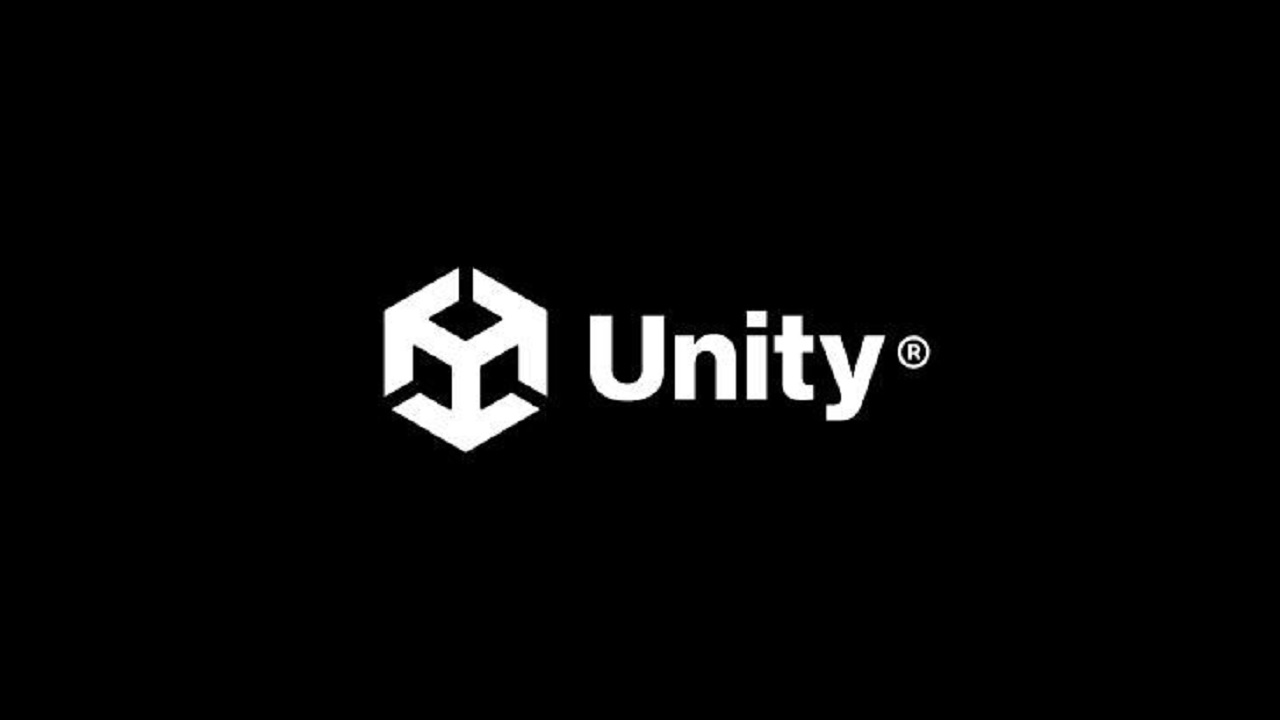A battered share price and massive customer backlash later, Unity CEO John Riccitiello is stepping down
A change of the guard.

All the latest news, reviews, and guides for Windows and Xbox diehards.
You are now subscribed
Your newsletter sign-up was successful
What you need to know
- Unity is a popular game engine often used known for its affordability and adaptability.
- It has been used to build wildly popular games like Among Us and Genshin Impact, and is often associated with indie titles owing to its cross-platform capabilities among other things.
- Over the summer Unity announced an unexpected price restructure, which negatively impacted teams of all shapes and sizes. Many projects that had been set in stone were no longer going to be viable as a result of Unity's changes.
- Owing to a massive industry-wide backlash, Unity eventually back pedalled most of the changes, although it came with a large erosion of trust. Many developers have signalled plans to leave Unity, while others accelerated plans to build in-house engines instead.
- Today, Unity CEO John Riccitiello is stepping down, per reports.

• Xbox accessories under $100
• Xbox accessories under $75
• The best gaming desktop deals
• The best gaming laptop deals
• Deals on PC parts under $100
• Deals on PC parts under $75
• Deals on PC parts under $50
• Deals on PC parts under $25
It took a while, but the widely expected resignation of Unity's CEO is finally here.
Over this past summer, Unity decided to implode itself by announcing a huge swath of price restructuring changes for developers in its ecosystem. The short lead time and lack of transparency led to a massive backlash, which eventually saw Unity roll back many of its plans. You can read the full Unity summer saga over here.
The controversy revolved around a per-installation so-called "runtime" fee that developers would be liable for every time someone installed a game. The poor messaging and lack of clarity created alarm. How would Unity be able to detect pirates and bad actors? What would be in place to prevent mass uninstall-reinstall campaigns by trolls? How would pricing structure work for services like Xbox Game Pass? What about developers working as second parties? And so on. Unity's attempts to answer some of these questions simply served to create more confusion over time, as various developers spoke up to poke holes in many of the new policies. It didn't help that some Unity execs were found to be offloading stock in the run-up to the announcement, beyond typical compensation increments senior execs often get. It also didn't help that Unity had, without warning, remove older Terms of Service contracts from its GitHub repo.
In any case, the whirlwind backlash saw repeated backpedaling from the firm, while Unity's share price slid nearly 20% over the past month of trading alone.
A key sticking point through all this has been the erosion of trust. Developers and publishers plan their projects years in advance of launch, alongside business models, costs, and budgets. Unity only gave developers six months to adapt to these runtime fees. Many big players like InnerSloth with Among Us already signaled intent to switch engines, and you have to expect developers like Mihoyo building games like Genshin Impact probably feel the same way.
How can you fix an erosion of trust? Even if it were possible, it has to start with leadership. It seems Unity's board agrees. Per a report from Bloomberg's Jason Schreier and via Unity itself, CEO John Riccitiello is out.
NEWS: John Riccitiello is stepping down as CEO and president of Unity, per companyOctober 9, 2023
John Riccitiello remained relatively unpopular within the gaming community in general prior to this. Known for consumer and developer-hostile gaffes, Riccitiello became a focal point of criticism from all corners of this debate. Riccitiello previously said that he envisioned a world where Battlefield players would be charged a fee for every clip reload, and called developers not focusing on microtransactions "fucking idiots."
All the latest news, reviews, and guides for Windows and Xbox diehards.
In a press release, Unity said the following: "Unity, the world’s leading platform for creating and growing real-time 3D (RT3D) content, today announced that John Riccitiello will retire as President, Chief Executive Officer, Chairman and a member of the Company’s Board of Directors, effective immediately."
James Whitehurst has been appointed interim CEO in the meanwhile, as Unity employs the help of an outside firm to find a permanent CEO. Whitehurst was previously at IBM, and joined the firm via its massive $34 billion acquisition of open software firm Red Hat.
No silver bullet for Unity
Riccitiello's departure will not be a silver bullet fix to Unity's issues, however. Unity has struggled to find a single profitable quarter in its history. Riccitiello has been criticized for some of Unity's recent acquisitions, including Weta Digital, with some analysts suggesting Unity overpaid. To try and find growth, Unity has turned its hand to laying off staff, alongside this haphazard runtime fee rollout. The lack of forethought seems to have cost Riccitiello his job at Unity. Riccitiello also stepped down from EA for a similar stint of poor management efforts back in 2013. I sure as hell wish I could fail upward this successfully.
In any case, Unity has taken the first necessary step toward repairing its image, but it may be a long time before the firm can regain the trust it previously held in years past.

Jez Corden is the Executive Editor at Windows Central, focusing primarily on all things Xbox and gaming. Jez is known for breaking exclusive news and analysis as relates to the Microsoft ecosystem — while being powered by tea. Follow on X.com/JezCorden and tune in to the XB2 Podcast, all about, you guessed it, Xbox!
